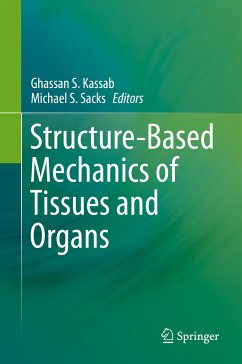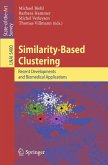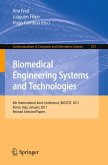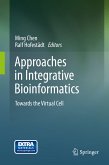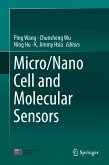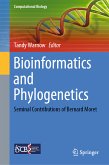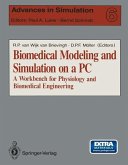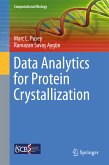This book portrays the commonality of tissue micro-structure that dictates physiological function in various organs (microstructure-function relation). Tissue and organ models are used to illustrate physiological functions based on microstructure. Fiber scale properties such as orientation and crimp are described in detail. Structurally-based constitutive models are given throughout the book, not only to avoid ambiguities in material characterization, but also to offer insights into the function, structure, and mechanics of tissue components. A statement of future directions of the field is also given, including how advancements, such as state-of-the-art computational modeling and optical measurements of tissue/cells structures, are taking structure-based modeling to the next level. ¿
This book also:
Provides a comprehensive view of tissue modeling across multiple systems
Broadens readers' understanding of state-of-the-art computational modeling and optical measurements of tissue/cells structures
Describes in detail fiber scale properties such as orientation and crimp
Dieser Download kann aus rechtlichen Gründen nur mit Rechnungsadresse in A, B, BG, CY, CZ, D, DK, EW, E, FIN, F, GR, HR, H, IRL, I, LT, L, LR, M, NL, PL, P, R, S, SLO, SK ausgeliefert werden.

